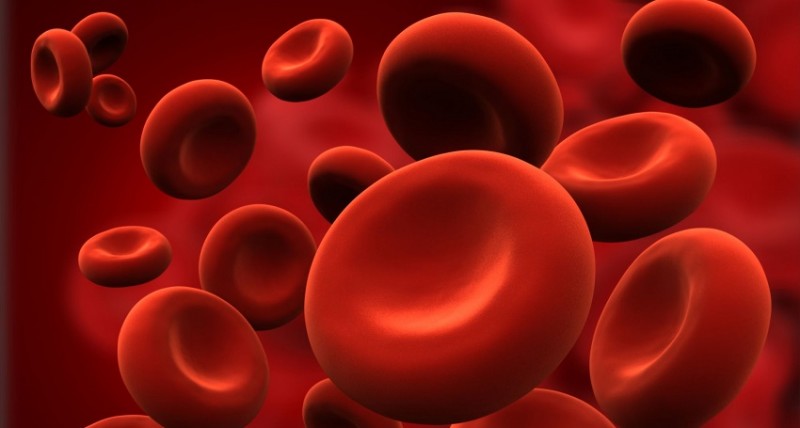
Iron deficiency is a common issue that can lead to serious health problems if left untreated. Iron is essential for making hemoglobin, which carries oxygen throughout your body. When your iron levels are low, your cells can't get enough oxygen, which can lead to fatigue and other symptoms. Here are 10 signs that you may be iron deficient and what you can do about it:
1. Fatigue: Feeling tired and low on energy, even after a full night's sleep, is one of the most common signs of iron deficiency.
2. Pale skin: If your skin has become noticeably paler, it could be due to decreased blood flow and oxygen supply.
3. Shortness of breath: Difficulty catching your breath, especially during physical activities, can indicate that your body isn't getting enough oxygen.
4. Headaches and dizziness: Low oxygen levels in the brain can lead to headaches, lightheadedness, or even fainting spells.
5. Cold hands and feet: Poor circulation caused by iron deficiency can make your extremities feel cold to the touch.
6. Brittle nails: Iron deficiency can lead to brittle, concave, or spoon-shaped nails that may break easily.
7. Increased heart rate: An irregular or fast heartbeat, even when you're at rest, can be a sign that your heart is working harder to deliver oxygen.
8. Unusual cravings: Craving non-nutritive substances like ice, dirt, or starch can sometimes indicate an iron deficiency.
9. Restless legs: A tingling or crawling sensation in your legs, especially at night, could be due to iron deficiency.
10. Poor immune function: Iron is essential for a healthy immune system, so low levels can make you more susceptible to infections.
How to Fix It:
If you suspect you might be iron deficient, it's important to see your doctor for a blood test. They can confirm whether you have an iron deficiency and recommend the best course of action. Treatment typically involves:
1. Iron-rich foods: Include more iron-rich foods in your diet, such as lean meats, seafood, beans, nuts, and fortified cereals.
2. Vitamin C: Pair iron-rich foods with foods high in vitamin C (like oranges, strawberries, and tomatoes) to enhance iron absorption.
3. Iron supplements: Your doctor may prescribe iron supplements if you're not getting enough from your diet alone.
4. Avoiding certain foods: Some foods, like dairy products and coffee, can inhibit iron absorption, so it's best to avoid them around mealtimes.
5. Cooking in cast iron: Cooking food in cast iron pans can increase the iron content of your meals.
6. Treating underlying causes: If your iron deficiency is caused by something else, like heavy menstrual bleeding or an ulcer, your doctor will treat that condition as well.
By recognizing the signs of iron deficiency early and taking steps to correct it, you can prevent more serious health problems down the road.
What's Gond Katira and Ways to Use It in Summers - Health Benefits of Gond Katira
What Causes Headaches And Migraine? Try These Effective Yoga Asanas
Weight Loss Mantra - Jeera Water: These 8 Benefits Will Surprise You